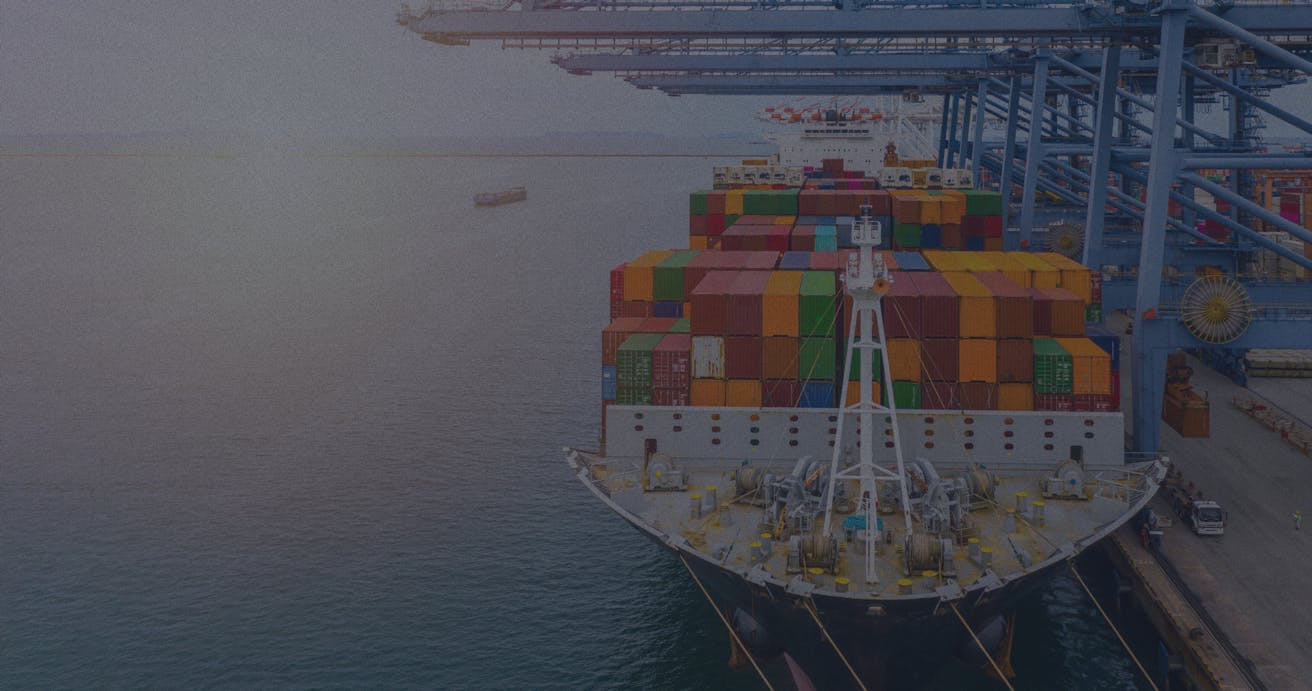
FCA vs FOB (2024): Which one is better?
FCA (Free Carrier) and FOB (Free On Board) are international commercial terms that define the responsibilities and obligations of buyers and sellers in international trade transactions.
Understanding these differences helps businesses select the most suitable Incoterm (FCA or FOB) based on their logistical requirements, preferred delivery points, and risk-sharing preferences in international trade transactions.
Key differences between FOB vs FCA
The primary differences between Free On Board (FOB) and Free Carrier (FCA) Incoterms lie in the delivery point, responsibility, and transportation:
| Aspect | Free on Board (FOB) | Free Carrier (FCA) |
|---|---|---|
| Delivery point | Loading goods onto the ship at the port of shipment | Delivering goods to a named place (seller's premises or carrier) |
| Transfer of responsibility | Risk transfers at ship's rail at port of shipment | Risk transfers at the named place of delivery |
| Seller's responsibility | Ends when goods are loaded onto the ship | Ends when goods are delivered to the place |
| Buyer's responsibility | Assumes responsibility for transportation post loading | Assumes responsibility for transportation from place onwards |
| Flexibility | Limited flexibility in delivery location (port of shipment) | Flexible delivery locations (seller's premises or agreed carrier) |
In essence, while both FOB and FCA determine the transfer of responsibility and risk, FOB focuses on the point of loading goods onto a ship at a specified port, whereas FCA offers flexibility by allowing delivery at various locations, offering more control and choice in the transportation process.
What is Free Carrier?
Free Carrier (FCA) is an International Commercial Term (Incoterm) specifying the point at which responsibility, risk, and costs transfer from the seller to the buyer in international trade.
Under FCA, the seller fulfils their obligation by delivering the goods, cleared for export, to a named place, typically the seller's premises, a carrier, or another agreed location.
Key aspects of Free Carrier (FCA) include:
Delivery point: The seller delivers the goods to a specified location, often their premises or a designated carrier, and prepares them for collection by the buyer or the buyer's nominated carrier.
Transfer of responsibility: Risk transfers from the seller to the buyer once the goods are delivered to the named place, where the seller's obligation ends, and the buyer assumes responsibility.
Transportation and costs: The buyer arranges and bears the costs and risks of transporting the goods from the place of delivery to the final destination. This includes any import formalities and associated expenses.
FCA provides flexibility as it allows for different delivery locations, such as the seller's premises, a warehouse, or a specific carrier's facility. This Incoterm is widely used for various modes of transportation, including land, sea, air, and multimodal transport.
What is Free on Board?
Free On Board (FOB), is an International Commercial Term (Incoterm) used in international trade contracts. FOB defines the seller's responsibilities, risks, and costs until the goods are loaded onto a ship at a specified port of shipment.
Key aspects of Free On Board (FOB) include:
Delivery point: The seller fulfils their responsibility by delivering the goods, cleared for export, and ready for loading onto the vessel at the named port of shipment.
Transfer of responsibility: Risk transfers from the seller to the buyer at the point when the goods pass the ship's rail at the port of shipment. Once the goods are on board the vessel, the responsibility shifts to the buyer.
Transportation and costs: The buyer assumes responsibility for arranging and paying for transportation, insurance, and any costs or risks involved in shipping the goods from the port of shipment to the final destination.
FOB is commonly used in maritime shipping but can also apply to inland waterway transportation. It is crucial to define the exact named port of shipment in the contract to avoid any misunderstandings regarding the transfer of responsibility and costs.
When to use FOB vs FCA
Choosing between Free On Board (FOB) and Free Carrier (FCA) Incoterms depends on factors such as control, convenience, and preferred delivery points:
| Considerations | Free On Board (FOB) | Free Carrier (FCA) |
|---|---|---|
| Preferred delivery point | Clear identification of port of shipment for loading goods | Flexible delivery locations (seller's premises, carrier, etc.) |
| Seller's involvement | Seller involved in export procedures at the port | Seller's responsibilities end at named place, less seller involvement |
| Mode of transportation | Primarily used for maritime shipping | Versatile for various transportation modes, including multimodal |
| Buyer's control | Buyer controls transportation from port of shipment onwards | Buyer manages logistics from the named place of delivery onwards |
| Flexibility | Limited flexibility in delivery location (specific port) | Offers flexibility in choosing delivery locations for goods pickup |
Ultimately, the decision between FOB and FCA depends on the buyer's preferences for delivery points, involvement of the seller in shipping procedures, familiarity with logistics, and the specific requirements of the trade transaction.
FOB vs FCA: What should you choose?
In the world of international trade, selecting between Free On Board (FOB) and Free Carrier (FCA) Incoterms is a strategic decision dictating responsibilities, risks, and delivery points.
FOB emphasises clear identification of the port of shipment, involving the seller in export procedures at that specific location, primarily for maritime shipping.
Conversely, FCA offers flexibility, supporting delivery at various locations beyond the seller's premises and allowing the buyer greater autonomy in managing transportation logistics.
The choice between FOB and FCA pivots on factors like preferred delivery points, seller involvement, transportation modes, and the level of control desired by the buyer in logistics management.
Understanding these Incoterms empowers traders to make informed decisions aligned with their trade objectives, ensuring smoother transactions and effective logistical management in international trade.